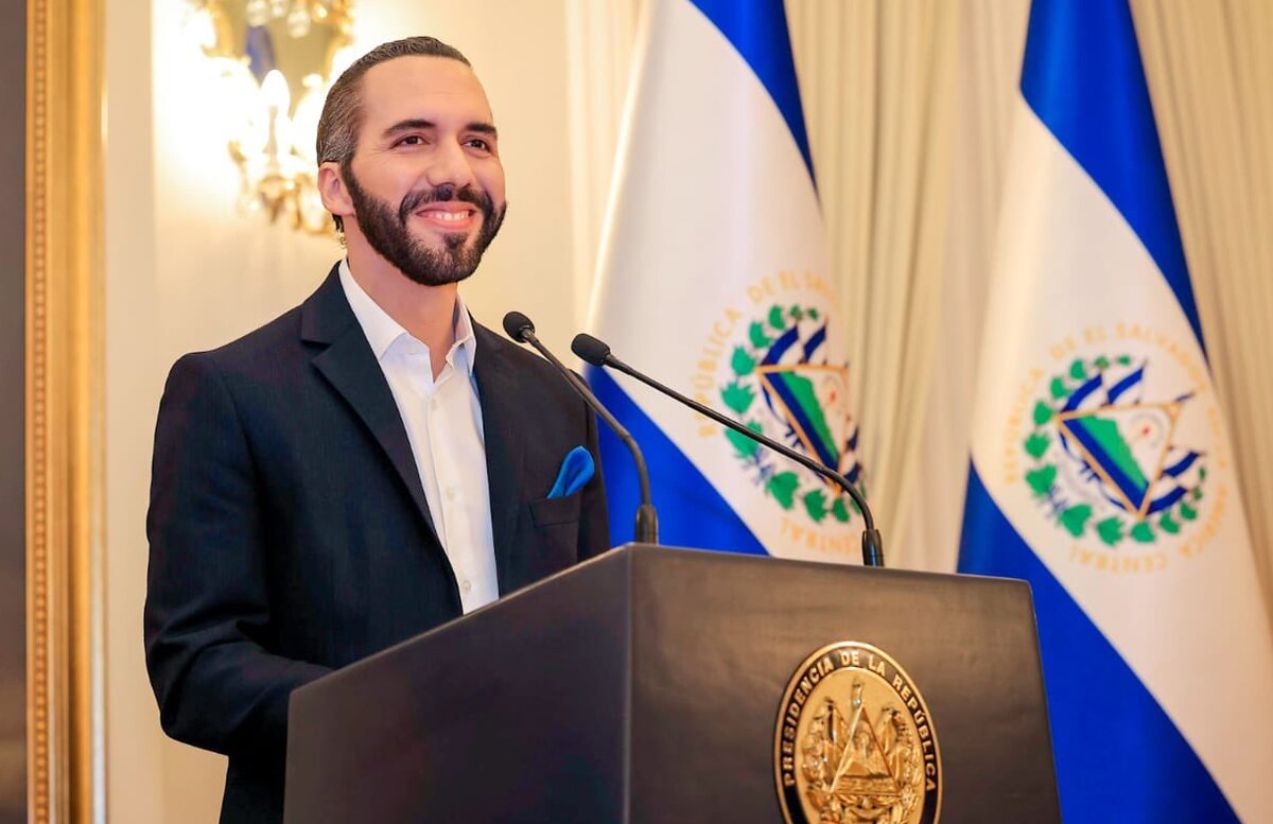El Salvador’s Legislative Assembly, controlled by President Nayib Bukele’s party Nuevas Ideas, approved a constitutional reform that allows indefinite presidential re-election and extends the presidential term from five to six years.
The reform passed with 57 votes in favor and 3 against, mainly from pro-government legislators. It also eliminates the presidential runoff and moves the end of the current term to 2027, when presidential, legislative, and municipal elections will be held simultaneously.
According to ruling party deputy Ana Figueroa, the reform is “an opportunity for the people to freely choose to continue with the president they trust.” However, opposition members and civil society organizations called the measure a serious democratic setback. Marcela Villatoro, from the ARENA party, stated: “Today, democracy has died in El Salvador.” Human Rights Watch also warned that the move could push the country toward authoritarian models like Venezuela or Nicaragua.
Since 2021, Bukele has been backed by a Constitutional Chamber of the Supreme Court appointed by his party. That court ruled that presidential re-election is a “human right,” marking a drastic shift from previous constitutional interpretations.
What does the new legal framework mean for Salvadoran democracy?
While Bukele remains popular for his crackdown on gangs and dramatic drop in crime, critics argue these reforms consolidate unchecked executive power. They warn that El Salvador may be drifting dangerously close to authoritarianism.

